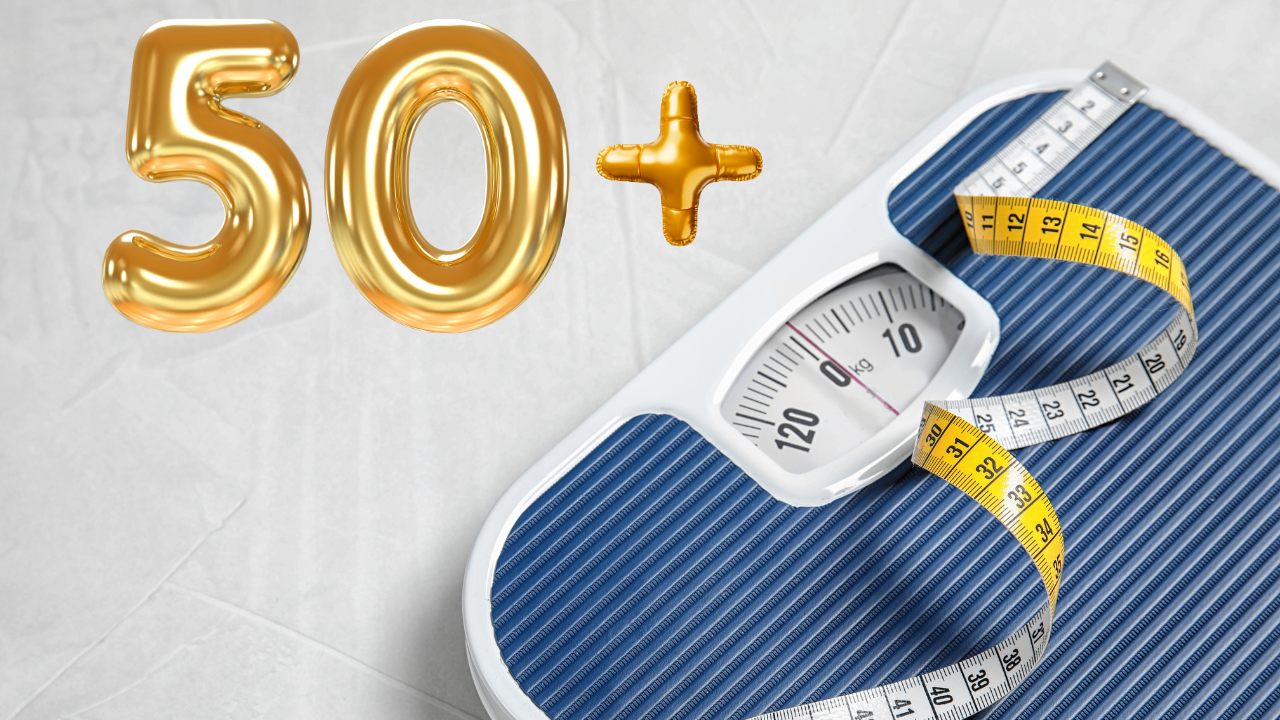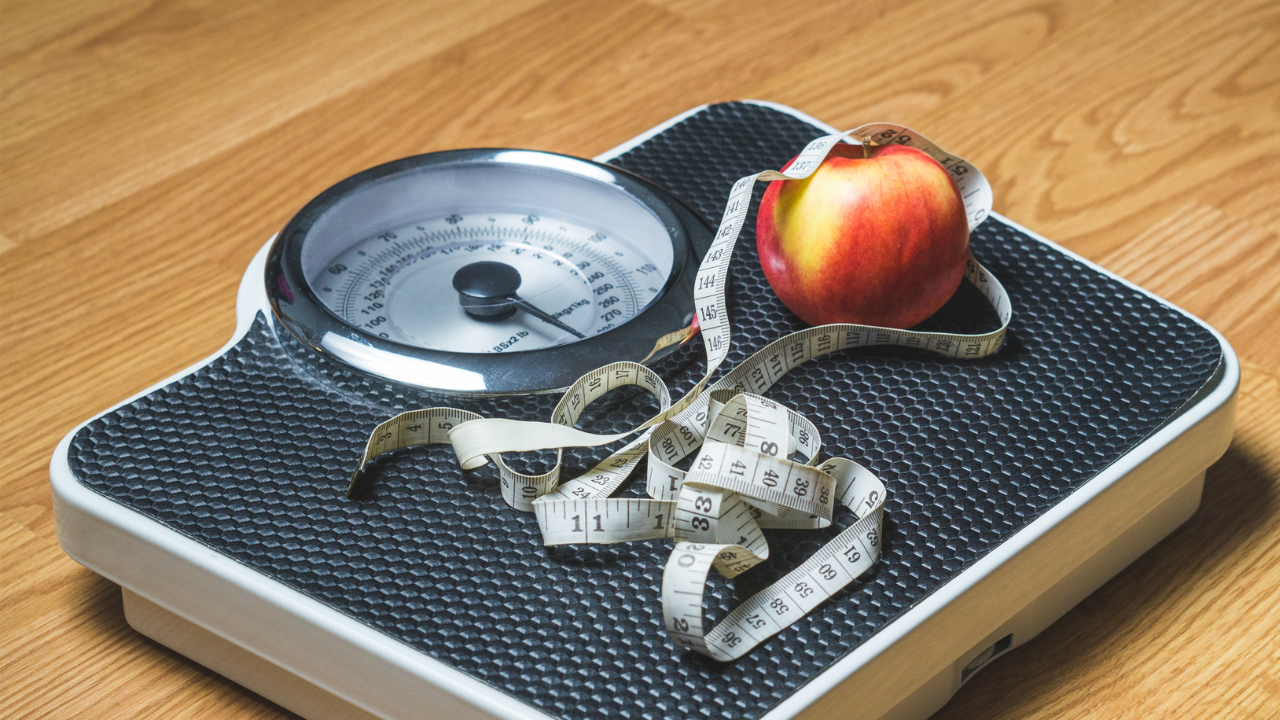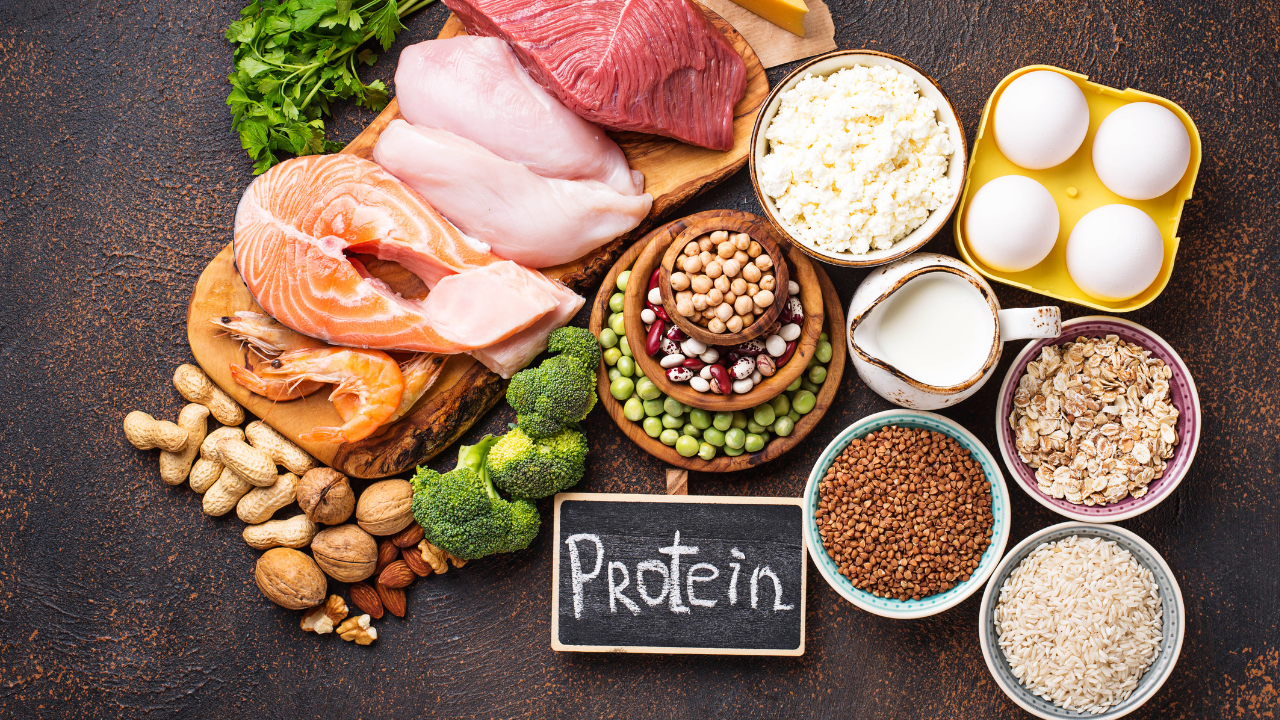
29 May Why Is Weight Loss So Hard After 50? Understanding How to Reverse Type 2 Diabetes and Manage Weight
If you’re a woman over 50, your body might feel like it has changed the rules overnight. Stubborn weight gain around your middle, low energy, and changes in metabolism can feel frustrating—especially if old strategies like calorie-cutting or extra walks no longer work. Understanding the connection between weight gain, hormonal changes, and blood sugar management is key to knowing how to reverse type 2 diabetes and regain control of your health.
What happens to your body after 50 that makes weight loss harder?
As women age, several physiological changes make maintaining or losing weight more challenging. These changes also affect blood sugar regulation, increasing the risk of type 2 diabetes.
Hormonal Shifts: The Role of Oestrogen
- Fat storage patterns change: Lower oestrogen shifts fat storage toward the abdomen.
- Insulin resistance increases: Cells become less responsive to insulin, raising diabetes risk.
- Muscle mass declines: Reduced muscle slows metabolism, decreasing calorie burn at rest.
Sleep Struggles and Appetite Regulation
Poor sleep after 50—due to night sweats, hot flushes, or restless legs—disrupts appetite hormones. Sleep deprivation increases cravings for sugar and carbs, making blood sugar harder to manage and weight loss more difficult.
The Emotional Weight of Dieting
Decades of dieting can create self-doubt and frustration. Women often feel pressure to follow strict plans, and repeated “failures” can undermine motivation. Self-compassion is critical for sustainable change.
Invisible Labour and Social Pressures
Caring for family, managing work, and maintaining a household often pushes self-care to the sidelines. Social events, processed foods, and well-meaning but unhelpful advice can further challenge weight and blood sugar management.

Why do modern lifestyles make weight gain more likely?
Processed foods, convenience culture, stress, and busyness all contribute to weight gain and insulin resistance. “Eat less, move more” advice ignores hormonal changes, sleep issues, and emotional factors that affect women after 50. These factors are critical when considering how to reverse type 2 diabetes naturally.
What are the real barriers to weight loss after 50—and how can you overcome them?
Your Body Is Resilient
Even after decades of struggle, small, consistent lifestyle changes can improve metabolism, blood sugar control, energy, and mood.
Community and Support Matter
Accountability and encouragement from peers or professionals are more effective than relying solely on willpower.
Self-Compassion Enables Sustainable Change
Focus on progress, not perfection. Understanding root causes—hormones, habits, emotions—supports lasting improvements in weight management and type 2 diabetes prevention.

What science-backed strategies help women over 50 lose weight and manage blood sugar?
1. Prioritise Protein
Protein helps preserve muscle mass, supports metabolism, and promotes satiety.
- Include protein with every meal: eggs, fish, poultry, beans, lentils, or dairy.
- Protein-rich breakfasts like eggs or Greek yogurt help stabilise blood sugar and reduce cravings.
2. Embrace Strength Training
Muscle-building exercises boost metabolism, improve bone health, and enhance overall mobility. Use bodyweight exercises, resistance bands, or light weights 2–3 times per week.
3. Progress Over Perfection
Small, consistent steps matter more than perfect adherence. Every healthy meal, walk, or exercise session contributes to long-term success. Celebrate each step forward to maintain motivation and reduce guilt.
How can this approach help reverse type 2 diabetes?
By supporting metabolism, preserving muscle, stabilising blood sugar, and reducing insulin resistance, these strategies contribute directly to reversing type 2 diabetes. Combined with dietary adjustments and mindful lifestyle choices, women over 50 can significantly improve their health trajectory.
What resources can help you take the next step?
Final Thoughts
Weight loss after 50 isn’t just about the number on the scale. It’s about reclaiming confidence, energy, and joy. It’s about learning to care for the body you have now, not punishing yourself for changes you can’t control. It’s about progress, not perfection; self-care, not self-criticism.
This is a journey of patience and persistence, of kindness and curiosity. Every step counts. Every choice is a chance to nurture your health, not punish your body.
The struggle is real—but so is the possibility of change.
